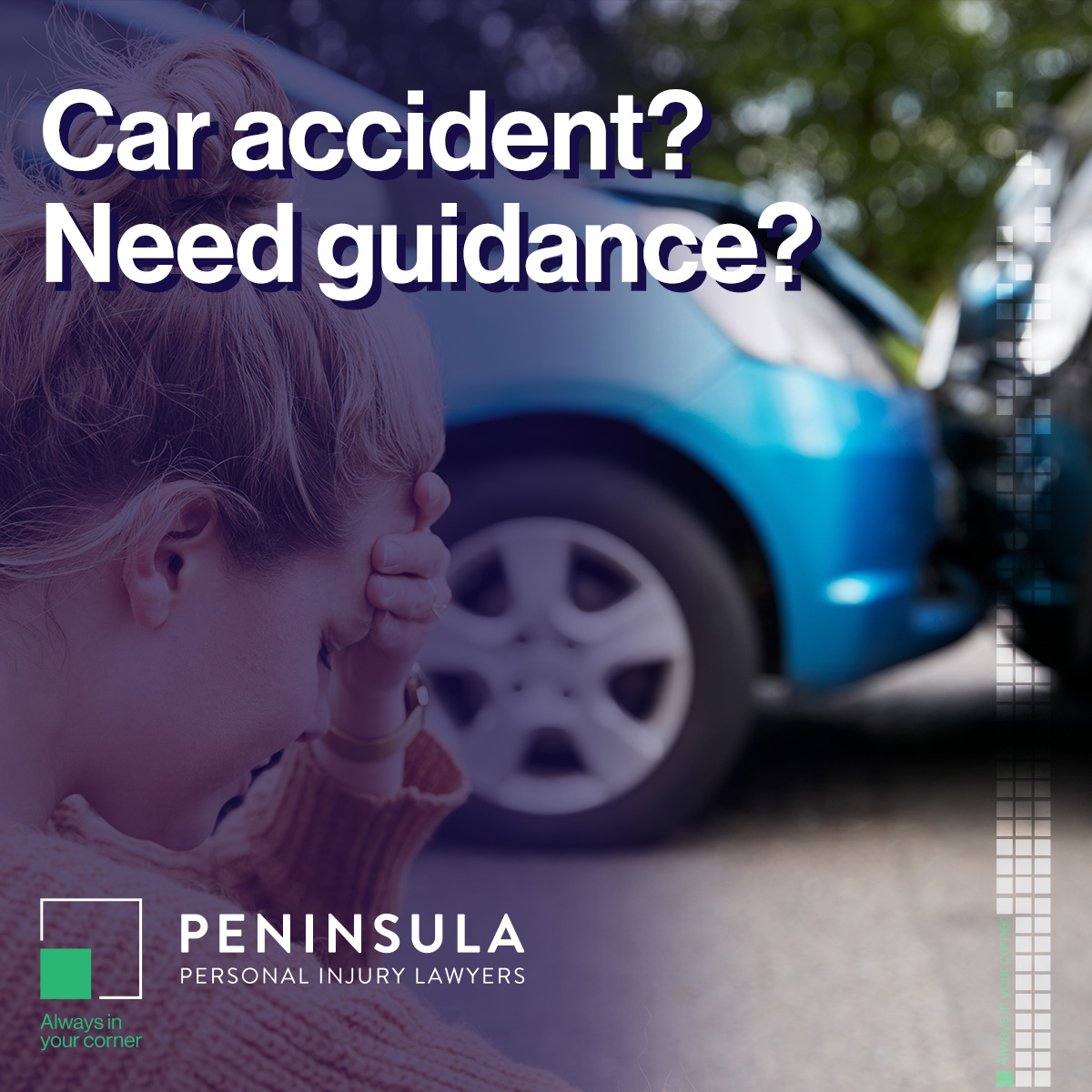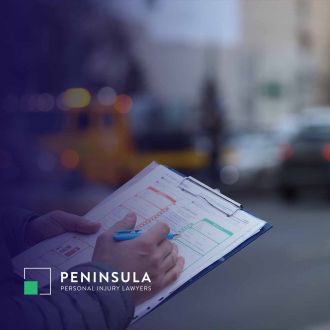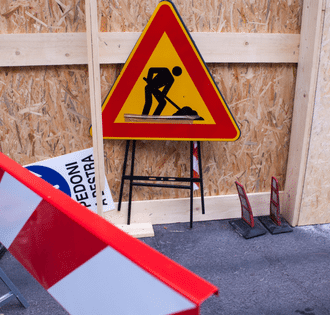
Whether you’re the driver, passenger, pedestrian, cyclist, skateboarder, or anyone who has been injured by a Motor Vehicle; being involved in a Motor Vehicle Accident (MVA) can be a life-changing experience.
If you are injured, the road to your recovery could be long. If you’re lucky to get out physically unscathed, you’ll no doubt feel emotionally affected by the incident.
In any case, if you find yourself in an MVA there are processes to follow and steps to take to ensure you are legally protected and preserve your rights. Let’s address the key areas to consider.
What to do immediately after your accident
Check yourself - are you okay?
It goes without saying but we will say it, the following points are secondary to ensuring your safety and wellbeing. If you don’t feel right or know that you have been injured, stay where you are and call for help.
If you're hurt or even slightly in pain, give yourself the benefit of the doubt and make an appointment with your GP. The evidence for any claim you make will come from your doctor's record of your condition and symptoms.
Obtain the contact details of other parties:
Emotions may be running high, but it’s critical to get the names and addresses of other people involved in the accident. If there are any witnesses, ask for their contact information as well.
Don’t admit fault:
Never admit to anyone that you think you are liable in any way. This will be determined by the Insurance Commission of Western Australia (ICWA) for your personal injury claim and/or by the insurer for the motor vehicle.
Report the accident:
Report the accident as soon as you can. You are required to do this by law. The best way to report your accident is via the ICWA link below, which will in turn notify the police. https://www.icwa.wa.gov.au/motor-injury-insurance/involved-in-a-crash
Contact your comprehensive vehicle insurance provider:
If one of the vehicles involved is in your name and has been damaged, you will need to contact your insurance provider to start the repairs process. Your insurer will also need the details of the other party, including their insurer, so make sure these details are on hand.
Important: Keep all receipts of any outgoing costs, including private health appointments and vehicle repairs.
Starting the compensation process / initiating a claim
You have the right to file a claim for compensation if you have been injured due to the negligence of a third party. To make a claim, go to: https://www.icwa.wa.gov.au/government-insurance/how-to-make-a-claim/motor-vehicle-damage : Click on Motor Vehicle Claim form. (This is for your personal injury. Your property claim will have its own process)
What can you be compensated for?
The compensation claims for MVA include:
General damages
Medical evidence gathered in association with your injury will take into account not only the injury and disability you've sustained but also how that injury or disability has affected your life. This is known as the general damages or pain and suffering component, and it accounts for your loss of enjoyment of life as well as your loss of amenities.
For example, if you enjoyed playing sports before the injury but were unable to do so afterwards, this is factored into the general damages component. You should tell your doctor about your limitations.
The general damages component is subject to a statutory threshold, which is currently $22,500. This means that all damages assessments must be higher than this amount. The final payment amount for general damages will have the threshold amount of $22,500 deducted first, and the net amount is payable to the injured person to the maximum amount of $432,000 (worst case).
Economic loss
You have the right to be compensated for any financial losses that you have incurred. This includes both past and future economic loss or loss of earning capacity, as determined by the medical reports and other evidence. If you have needed time off because of your injury, you can claim past economic loss.
Gratuitous services
It is possible to claim the voluntary assistance of family and friends who assist you by providing care or domestic activities for tasks that you have been unable to do since the accident (such as housekeeping and gardening). These voluntary services are claimed at a rate of around $30 per hour, with a statutory limit of $6,500.
The cost of medical treatment
If ICWA accepts liability for your claim, it will pay for all reasonable medical expenses including ambulance, hospital, nursing, and medication costs (but not limited to). Medical aids that were damaged in the accident – such as glasses - may also be claimable.
When considering a lump sum settlement, you must also consider future medical treatment costs and what might happen if your medical circumstances change.
Travelling and other costs
You can also claim for travel expenses to and from treatment appointments (both in the past and future), as well as any other reasonable out-of-pocket expenses. However, you must ensure that the claim is supported by medical evidence and that you keep all relevant documentation.
Get support from the experts
If you have any questions about your rights, how to manage or progress your claim, or even if you have been offered a settlement or told by ICWA that you do not have a claim - contact PPIL today for a no-obligation consultation. Making an informed decision is always the best option in the event of an MVA.
Email: admin@ppil.com.au
North Perth: 9443 5312
Mandurah: 9581 4339





